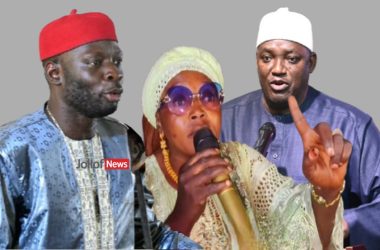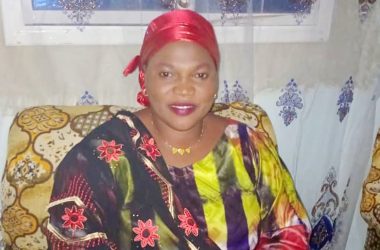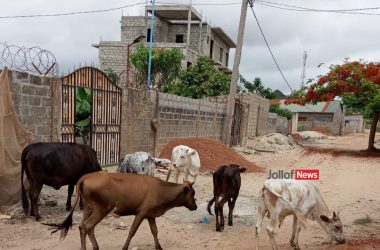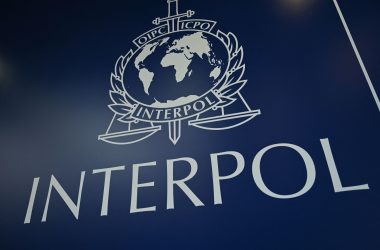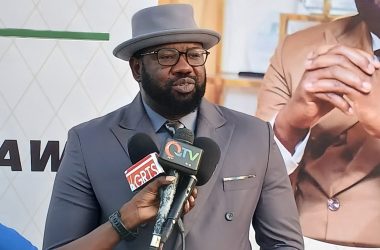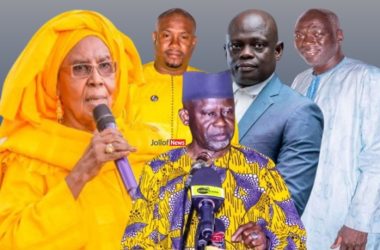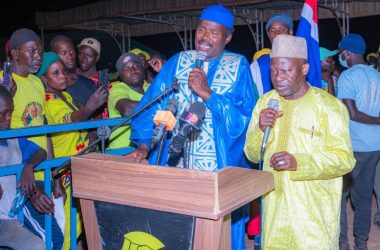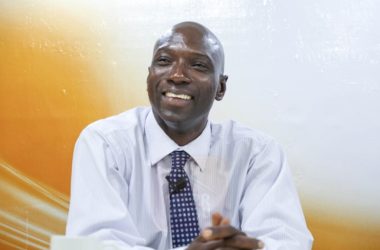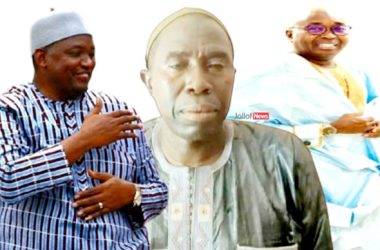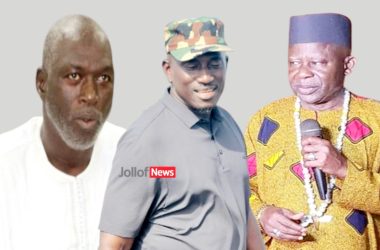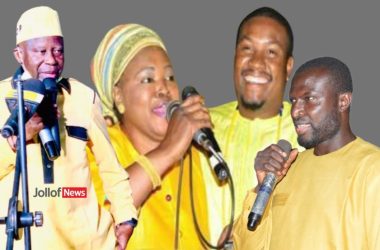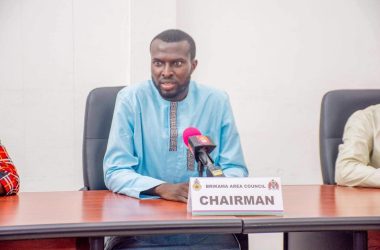By D. A. Jawo
My first encounter with William Dixon-Colley, whom we popularly referred to as Uncle Dixon, was in February 1979 when, after publishing my first article in The Nation, which was critical of corruption in the police force, I was arrested and detained at the Banjul Police Station.
Uncle Dixon showed so much concern about my plight and he continued to visit me at the police where I used to spend the whole day everyday for more than a week.
From that episode, I became so attached to Uncle Dixon that people used to refer to him as my dad. I used to spend most of my time at 3 Boxbar Road where The Nation was located, after closing from work, while on week-ends; I used to spend the whole day there helping to produce The Nation.
I still remember that 3 Boxbar Road was also the meeting point for several left-leaning young radicals such as Halifa Sallah, Dumo Saho and his friend Sarjo Jallow, as well as several others who used to meet there often to exchange ideas about national and international issues.
Even though, since my childhood days, I had always harboured the wish to become a journalist, but Uncle Dixon had no doubt been the most important catalyst in me realizing such a dream. He gave me all the necessary encouragement and support, and he also instilled in me the courage and inclination to call a spade a spade rather than by any other name.
As a result of my encounter with the police, instead of becoming intimidated and stop writing, as no doubt the police had intended, I became even more emboldened to write, and with the encouragement of Uncle Dixon and some of his colleagues at the Gambia Press Union such as the late Deyda Hydara, the late Noble Allen, the late Jay Saidy and of course Pap Saine, I applied and became a member of the GPU in 1980.
The more time I spent with Uncle Dixon, the more I admired and respected him for his dedication to journalism and his unshakeable principles. There is one quotation attributed to him which seems to sum up the type of person he was. “If what one is saying is right and one strongly believes it is, one should go on saying it up to ones grave.” Therefore, for him, the question of self-censorship of the truth did not arise. He would write anything as long as he was convinced that it was the truth and in the public interest. He therefore no doubt subscribed to the adage; “write and damn the consequences.” I have absolutely no doubt that if Uncle Dixon had been alive and still active writing in this current atmosphere, he would have been among the first journalists to be sent to jail for what he had written because he would never have shied away from writing the truth regardless of the consequences.
Although despite the several years that I spent with Uncle Dixon, it was not quite easy to know much about his personal life. He was such a humble person that he never wanted to become the centre of attraction, hence his refusal to be interviewed about his personal life. From the little I know about him, I know that he was born in Banjul on 14th November 1913.
After his formal education in Banjul, Uncle Dixon became a school teacher at his alma mater the Methodist Boys High School, and his career as a media practitioner started during his school days.
He however left for Nigeria where he continued to practice journalism at the Sunday Observer and later the Guardian in Port Harcourt in the late 1930s. After the Second World War, he left Nigeria to go to the UK where he became editor of the African Outlook, an independent quarterly forum for Africans published in London.
Uncle Dixon however returned to The Gambia in 1963, just two years before independence and began publishing Africa Nyaato, which later became The Nation. During that period, he also at various times served as correspondent for BBC, Reuters, and the Sunday Express in England.
Therefore, at his death on 17th January 2001, he held the record of being the longest serving editor of a newspaper in this country, which record, as far as I know, is still not broken.
At his instigation in 1978, a group of independent journalists founded the Gambia Press Union and he was elected secretary general, in which position he served until 1993. Also in that year, he was nominated as a veteran Gambian journalist for the International Organization of Journalists (IOJ) prize in Prague, the former Czechoslovakia in recognition of his long and dignified career.
Uncle Dixon by all accounts stood for the principles of freedom of the press throughout his life and was well known for his uncompromising stance for those principles. In spite of all the harassments in the course of his career, he remained unequivocally committed to those principles until his death.
Therefore, Gambian journalists have quite a lot to learn from the life of Uncle Dixon.
